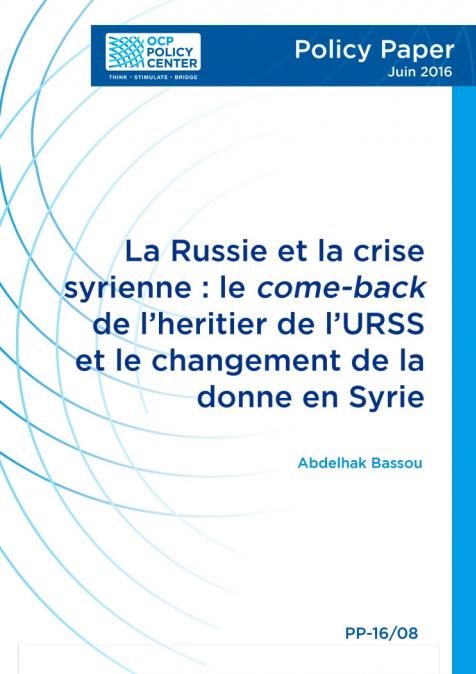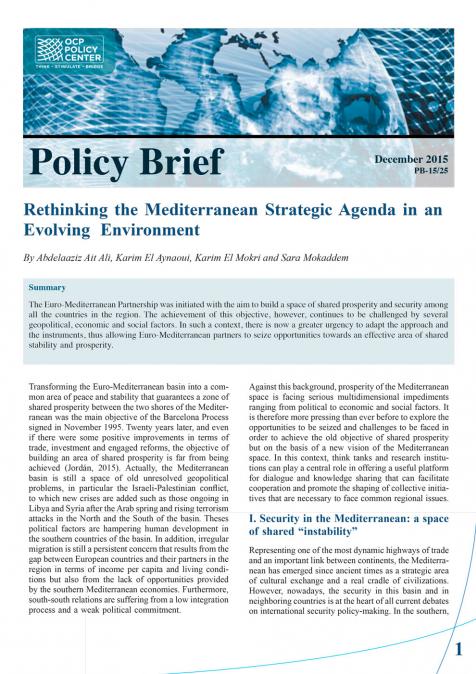Publications /
Opinion
The author is an alumnus of theAtlantic Dialogues Emeging Leaders Program 2018.
In the strategic waters near the straights of Hormuz in many ways such it’s the 1980s all over again. Recent mine attacks on maritime traffic and the capture of multiple vessels by Iran harks back to the so-called “Tanker War.”
A nested conflict within the larger Iran-Iraq War the “Tanker War” involved American warships escorting oil tanker traffic through the Straights of Hormuz despite Iranian interdiction efforts. The mission ultimately led to a significant naval battle in 1988 and a decisive defeat of the Iranian navy.
The United Kingdom currently has two warships providing escort to its vessels in the region after Iranian forces captured the United Kingdom flagged maritime transit vessel while the U.S. is keen to launch its mission in the Gulf known as Operation Sentinel many in the United Kingdom and beyond feel that such a task force could lead to a heightening not reduction of tensions.
In a nod to such concerns, the Trump Administration has implied that U.S. forces will mainly take on a supporting role regarding Operation Sentinel. This week Bahrain announced it will join the American patrol mission. The strategically located nation is home to both British and American military installations.
However, several countries in Europe seem hesitant about the idea, especially Germany, which means that despite U.S. lobbying in June, the freedom of navigation mission will fall outside the NATO framework. Under the government of former British Prime Minister Theresa May, the United Kingdom sought an EU patrol mission and received support for this from several EU member states. However, the current the British government has said that working with the United States military given its capacity will be unavoidable.
Conversely, it may be that expanded capacity, which has played a role in the current crisis. On May 5th in an unusual statement White House National Security Advisor John Bolton stated “that any attack on the United States interests or those of our allies will be met with unrelenting force,” and a previously scheduled deployment of an aircraft carrier was hurried to the Gulf.
Iranian actions have thus far called Bolton’s bluff with its recent provocative actions. President Trump called off airstrikes on Iran in late May and referred to attacks on maritime traffic in the Gulf as attacks as “very minor.” Such ambiguity allows for both sides to sleep-walk into conflict.
Furthermore, Germany has flatly stated it will not take part in any U.S. led mission – another reason that the United Kingdom has continued to support an alternative EU led mission. China and Russia may also take part. In addition to Bahrain it seems that Australia and possibly Poland may agree to join the mission.
Iranian attacks on maritime shipping is a serious threat to global stability. A successful attack on an oil tanker could result in a spike in oil prices around the globe. The international community should overcome its differences to ensure the continued stability not only of global oil supply but, of the broader Middle East. This time international naval patrols maybe "nested" within a larger Iranian-Saudi rivalry in the region but, such patrols may be the best way to avoid regional competition hatching into a regional war.








